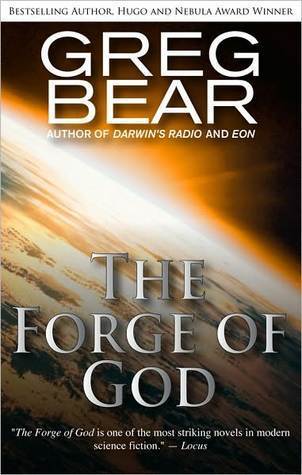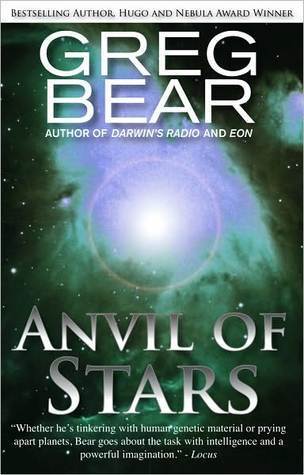
If the Stars Are Gods
Book Description
Betrayal and ancient mysteries collide as humanity reaches for the stars, only to discover that the cosmos may be home to more than just silence. Tensions rise when a team of scientists and explorers unravel a terrifying truth about extraterrestrial intelligence—a truth that could shatter everything they believe. As they race against time to decode messages hidden in the fabric of the universe, alliances fracture and loyalties are tested. Love and fear intertwine in a battle for survival among the stars. Can they confront the cosmic gods that may hold the fate of mankind in their hands? Who will prevail when the ultimate questions of existence are on the line?
Quick Book Summary
"If the Stars Are Gods" by Gregory Benford is a thought-provoking science fiction novel that delves into humanity’s search for extraterrestrial life and the philosophical implications of contact with alien intelligence. The story follows a specialized team of scientists and explorers as they delve deep into space, facing both external threats and internal struggles. When they encounter enigmatic alien signals and ancient cosmic mysteries, they must confront the possibility that the universe harbors beings with godlike powers. The tension mounts as discoveries shake their core beliefs, loyalties splinter, and the boundaries between faith, science, and survival blur. Through gripping narrative and complex characters, the novel explores existential questions about human significance, the limits of understanding, and the cosmic scale of betrayal and hope.
Summary of Key Ideas
Table of Contents
The Search for Extraterrestrial Intelligence
The novel begins with humanity at the edge of a scientific renaissance, propelled by curiosity and the desire to understand the universe. Against a backdrop of advanced technology and interstellar exploration, a diverse team of astronauts and scientists is assembled to investigate mysterious signals detected from the far reaches of space. These signals hint at an intelligence far older and more advanced than humanity, fueling a mission that is as much about discovery as it is about confronting deep-seated fears of the unknown.
Confronting the Unknown and Cosmic Mysteries
As the team journeys farther from Earth, they find themselves unraveling clues embedded in the very fabric of the cosmos. Ancient signs—physical and mathematical—suggest not merely the existence of alien life, but of civilizations whose knowledge borders on the divine. The pursuit of meaning in these messages forces the team to question their own scientific and spiritual assumptions. The novel deftly explores the limits of human understanding, raising profound philosophical questions about what it means to encounter something truly alien.
The Fragility of Human Beliefs and Alliances
Increasingly, the pressures of the mission strain relationships within the group. Conflicted loyalties, rivalry, and the stress of likely cosmic insignificance lead to betrayals both personal and collective. Tensions come to a head as members wrestle with existential dread and the possibility that some truths may be too terrifying—or transformative—to accept. The narrative shows how crisis reveals true character, forcing each member to decide where their loyalties lie and what they are willing to sacrifice for discovery or survival.
Existential Questions and the Nature of Divinity
Amid the growing chaos, love and fear become entwined as characters seek solace and meaning in the face of the unknown. Connections are tested as some cling to hope while others descend into despair, mirroring humanity’s larger struggle with faith in the face of cosmic indifference. The existence of "star gods"—beings of near-unfathomable power—throws humanity’s future into uncertainty, prompting debates over trust, surrender, and rebellion against higher powers.
Survival and Adaptation in the Face of Cosmic Forces
Ultimately, the team’s findings challenge not just their mission but the very foundation of human understanding and civilization. Through masterful storytelling, Benford invites readers to consider the ramifications of discovering that mankind is not alone—and that those who share the stars may hold humanity’s fate in their hands. The novel closes with a blend of awe and ambiguity, leaving the ultimate question of mankind’s place in the universe both thrillingly open and hauntingly unresolved.
Download This Summary
Get a free PDF of this summary instantly — no email required.





